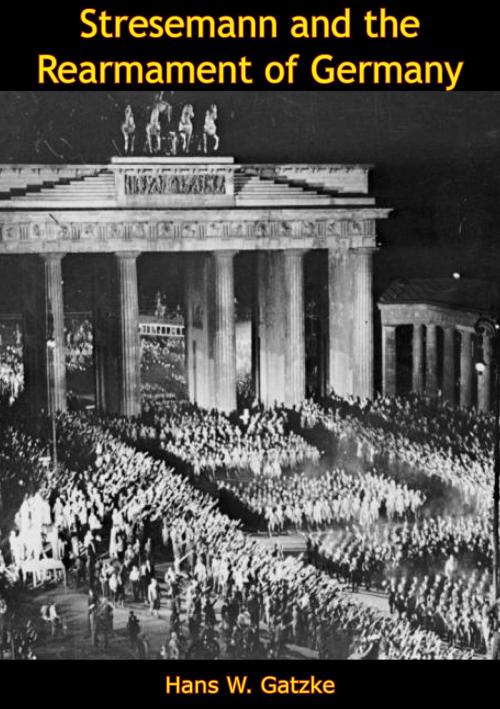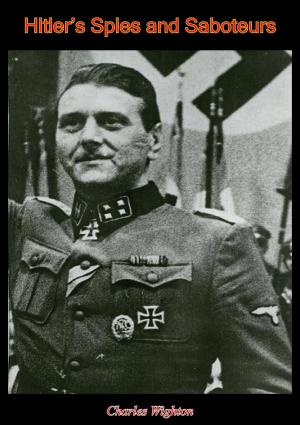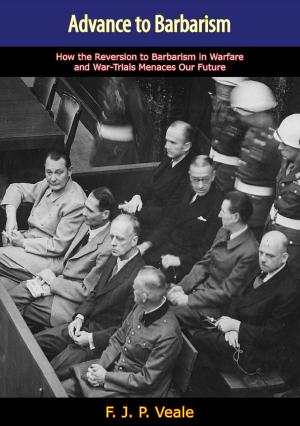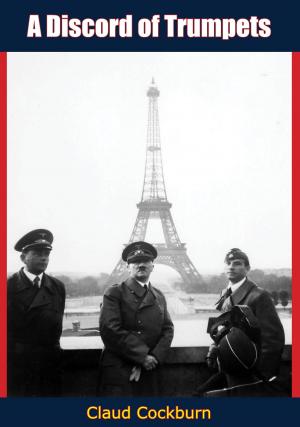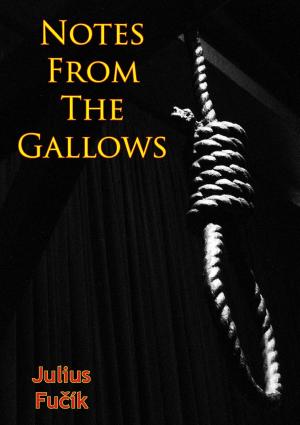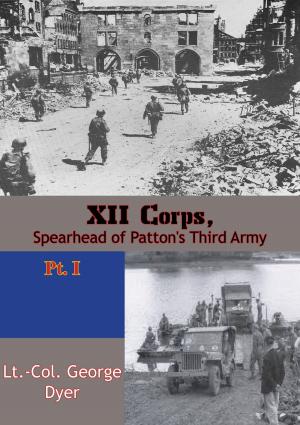Stresemann and the Rearmament of Germany
Nonfiction, History, Germany, European General, Military, United States| Author: | Hans W. Gatzke | ISBN: | 9781787208032 |
| Publisher: | Arcole Publishing | Publication: | July 31, 2017 |
| Imprint: | Arcole Publishing | Language: | English |
| Author: | Hans W. Gatzke |
| ISBN: | 9781787208032 |
| Publisher: | Arcole Publishing |
| Publication: | July 31, 2017 |
| Imprint: | Arcole Publishing |
| Language: | English |
The first major study of Stresemann following declassification of his papers in the previous year. Written by Hans W. Gatzke, then a Professor at John Hopkins, who was intrigued by the enigmatic Gustav Stresemann (1878-1929), a German politician and statesman who served briefly as Chancellor in 1923 and Foreign Minister 1923-1929, during the Weimar Republic. He was co-laureate of the Nobel Peace Prize in 1926. His most notable achievement was the reconciliation between Germany and France, for which he and Aristide Briand received the Nobel Peace Prize. During a period of political instability and fragile, short-lived governments, he was generally seen as the most influential cabinet member in most of the Weimar Republic’s existence. During his political career, he represented three successive liberal parties; he was the dominant figure of the German People’s Party during the Weimar Republic.
The study is based on the unpublished papers of Dr. Gustav Stresemann, which came into Allied possession at the end of World War II as part of the vast collection of German Foreign Ministry documents. They were opened to research in the spring of 1953, as the result of a U.S.-British agreement.
“A valuable contribution, enhanced by Mr. Gatzke’s penetrating insights and sureness of style.”—Fritz Stern, Columbia University
The first major study of Stresemann following declassification of his papers in the previous year. Written by Hans W. Gatzke, then a Professor at John Hopkins, who was intrigued by the enigmatic Gustav Stresemann (1878-1929), a German politician and statesman who served briefly as Chancellor in 1923 and Foreign Minister 1923-1929, during the Weimar Republic. He was co-laureate of the Nobel Peace Prize in 1926. His most notable achievement was the reconciliation between Germany and France, for which he and Aristide Briand received the Nobel Peace Prize. During a period of political instability and fragile, short-lived governments, he was generally seen as the most influential cabinet member in most of the Weimar Republic’s existence. During his political career, he represented three successive liberal parties; he was the dominant figure of the German People’s Party during the Weimar Republic.
The study is based on the unpublished papers of Dr. Gustav Stresemann, which came into Allied possession at the end of World War II as part of the vast collection of German Foreign Ministry documents. They were opened to research in the spring of 1953, as the result of a U.S.-British agreement.
“A valuable contribution, enhanced by Mr. Gatzke’s penetrating insights and sureness of style.”—Fritz Stern, Columbia University
